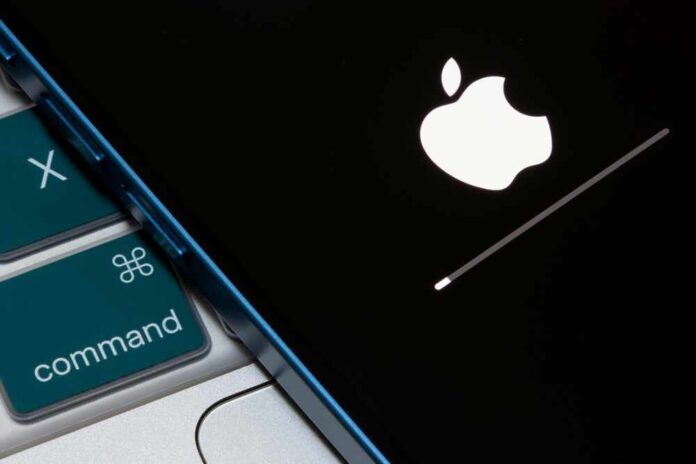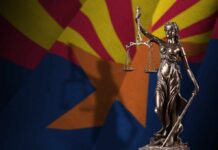
The ongoing relationship between Apple and its devoted user base is being tested, as news breaks that the tech magnate will potentially pay out up to $500 million in settlements over allegations that it intentionally slowed down older iPhones.
In what’s been dubbed “batterygate,” almost three million users who owned iPhones preceding the 2018 models may soon find reimbursement for Apple’s controversial software updates. The decision follows a 2018 class action lawsuit in which Apple was accused of pushing these updates deliberately, forcing many to consider purchasing newer iPhone models.
Conniving Apple software purposefully slowed down older iPhones…Years after a lawsuit alleged Apple was adding software that slowed down older iPhones, the tech giant has agreed to pay a settlement worth hundreds of millions of dollars. https://t.co/eRJbpYC37X
— Chris Kowalkowski (@JohnCKowal21086) August 16, 2023
While Apple first agreed to resolve this matter in March 2020 with a payout that could be as high as $500 million, the actual disbursement to users has been delayed due to lengthy court procedures and appeals. However, recent developments suggest this wait might soon come to an end. Cotchett, Pitre & McCarty, a legal firm representing Apple customers, announced on August 9 that the 9th Circuit U.S. Court of Appeals had dismissed the two remaining appeals challenging the settlement.
The lawsuit stemmed from allegations that specific software updates intentionally hindered iPhone performance. Although Apple cited these updates as necessary for extending the battery lives of older devices, they failed to communicate the consequential performance slowdown to their customers, leading to accusations of “deception and planned obsolescence.”
The Associated Press highlighted this compromise on transparency, noting Apple only disclosed the software’s effect on performance post complaints from the user base. Yet, amid these accusations and the global wave of lawsuits, Apple has remained firm in its defense. They’ve consistently denied any wrongdoing, stating the intention behind these software updates was to circumvent older batteries from causing spontaneous device shutdowns. They even offered a rebuttal, claiming iPhones would revert to their standard performance speeds upon old battery replacements.
According to the settlement administrator, Apple’s decision to settle was primarily “to avoid burdensome and costly litigation.”
For those affected users eager to know about the settlement’s logistics, a payment of approximately $65 is expected for each who filed a claim. However, this sum will be adjusted depending on the overall number of approved claims. Only those class members who submitted their claims before October 6, 2020, are eligible to participate in the settlement.
Eligibility is also contingent on the iPhone model and software version. Specifically, customers with an iPhone 6, 6 Plus, 6s, 6s Plus, or SE device, running the iOS 10.2.1 software (or a subsequent version) before December 21, 2017, are included. This criterion also applies to iPhone 7 and 7 Plus users who downloaded iOS 11.2 or a later version preceding the same date.
As consumers, awareness and due diligence remain our best tools against corporate overreach. The saga surrounding Apple’s software updates and the ensuing settlement reiterates the importance of transparency and trust in the digital age.




























